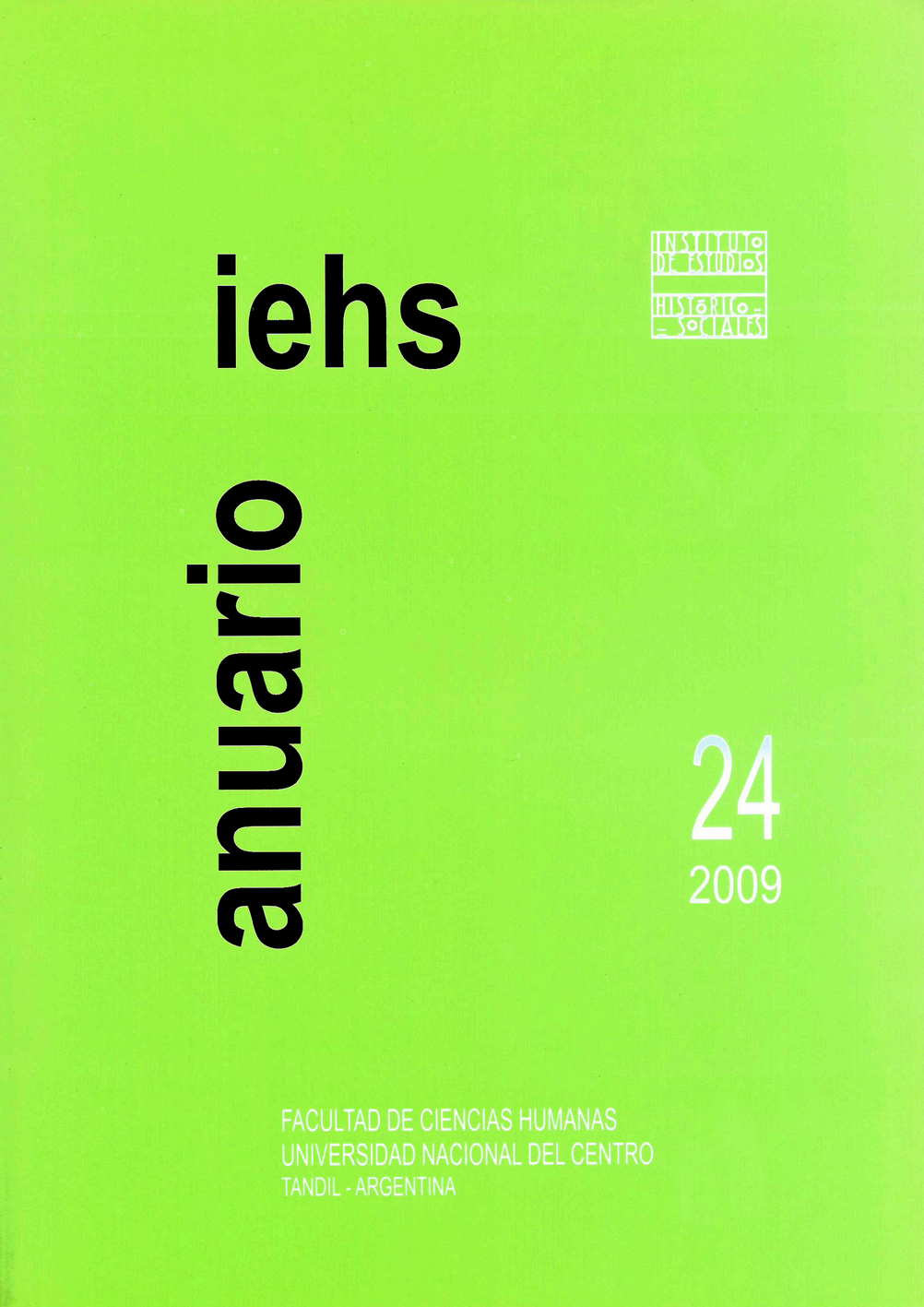Un ciclo de participación política popular en la ciudad de Buenos Aires, 1806-1842
Keywords:
Popular, Political Participation, Revolution, Independence, Federalism, RosismoAbstract
A cycle of popular political participation –of the plebe or low people– started in the city of Buenos Aires in 1806. It lasted until 1842, with the second wave of “terror” during Governor Rosas’ second period. This article focuses on the characteristics of such cycle. It describes first the many political events with a popular presence along the cycle. Then, it posits the inner conflicts of the elites as the main cause of the maintenance of the popular mobilisation, and it researches the reasons the plebeian had to act politically (exploring obedience, clientelism and the political motifs). After that, it explores the political positions of the urban plebe (from the claims in the mutinies and mobilizations to more general positions, such as the hate to the Spaniards in the 1810s, the construction in the following decades of an enemy typified as aristocrat-foreigner-unitario, and the identification of the federal cause as a popular cause). Finally, it proposes the existence of a key social and racial background for the causes of popular political actions.
References
.
Downloads
Published
Issue
Section
License
Copyright (c) 2024 Anuario IEHS

This work is licensed under a Creative Commons Attribution-NonCommercial 4.0 International License.



